
More money won’t always make a big difference

One large family from northern Switzerland could benefit from the outcome of Sunday's vote on the introduction of a nationwide minimum child allowance.
swissinfo spoke to the mother of eight children between the ages of six and 24 about whether the SFr200 ($160) per child benefit would actually make a difference to her family’s financial situation.
“I wash around 70 pairs of socks a week,” says Susanne D. describing a small, but revealing detail of family life.
Besides the additional laundry, there are the significant costs of childcare and school fees to worry about, not to mention the outlay needed to purchase the large quantities of food to feed so many mouths.
“Basically, we’re a normal family, with just a couple of extra kids,” Susanne explains.
If the minimum benefit is approved on November 26, the family will have an additional SFr230 a month. That works out to SFr10 more for each child (SFr200) and SFr60 more for each youngster either doing an apprenticeship or in higher education.
Child allowances are worth SFr190 in canton Solothurn. Some cantons currently give more, but plenty of others pay less.
Susanne doesn’t know exactly how the extra money will change her family’s life. “I haven’t yet made any calculations as to how we will use the money, because we are used to taking things as they come and adapting accordingly.
“We’ve always managed to get by somehow,” she says.
She doesn’t agree with people opposed to the introduction of minimum benefits, who claim it is a luxury Switzerland cannot afford. “It doesn’t make much of a difference whether it is SFr190 a month, as it is currently, or SFr200.”
Drop in ocean
She does believe, however, that an increase will have a positive effect, even if the additional allowance won’t amount to more than a drop in the ocean: “Especially when I count up all the costs for clothing, books, music lessons and sport, to name but a few.
“Our youngest son, Benjamin, is six years old. He starts school next year. Then comes eight-year-old Markus, 11-year-old Sarah, 13-year-old Martin, 15-year-old Peter, 18-year-old Anna and 21-year-old Christine.”
The oldest child will soon be 24 and wants to do a PhD in Zurich once he graduates from Bern University. “He’ll then start earning his own money, which hasn’t been possible up until now since his science studies took up all of his time,” explains his mother.
Alexander’s parents use his allowance to pay for his train pass so he can continue to live at home. “We would never be able to pay for him to have his own apartment.”
The support from the state is modest at best. His first application for a student grant was turned down on the grounds his parent’s income was too high.
“Our income would be very good if we only had two children,” Susanne admits. “But with eight children, it’s a completely different situation.”
Discouraging
In the end, Alexander did receive approval for a grant, but it is not enough to cover even his school fees. His mother thinks couples in Switzerland are discouraged from having large families.
“A recent trip to an indoor swimming pool cost us SFr50 and we didn’t even take all of our kids along,” she says.
The same goes for sporting events or skiing: “It would be a big help if we only had to pay for the first three children.”
And Susanne finds it important that each of her children has a hobby, and is given the chance to learn a musical instrument.
“It’s the duty of parents to do whatever they can for their children’s development. That’s very important to me since every one of ours is different. The amount of child benefits is not taken into account when one decides whether to have another child. There are very different factors involved,” explains Susanne.
She is happy with her large brood and says that if she had to start all over again, she would still want to have a big family – with or without higher state subsidies.
swissinfo, Etienne Strebel
Parliament approved the payment of a uniform monthly minimum SFr200 child benefit and SFr250 for children above 16, but it comes to a nationwide vote on November 26 after being challenged by the Swiss business community and part of the political right.
The scheme would cost SFr600 million annually – SFr450 million from employers and at least SFr140 million from government resources.
Currently the payment of child benefits differs from canton to canton, ranging from SFr150 to nearly SFr290 per month.

In compliance with the JTI standards
More: SWI swissinfo.ch certified by the Journalism Trust Initiative






























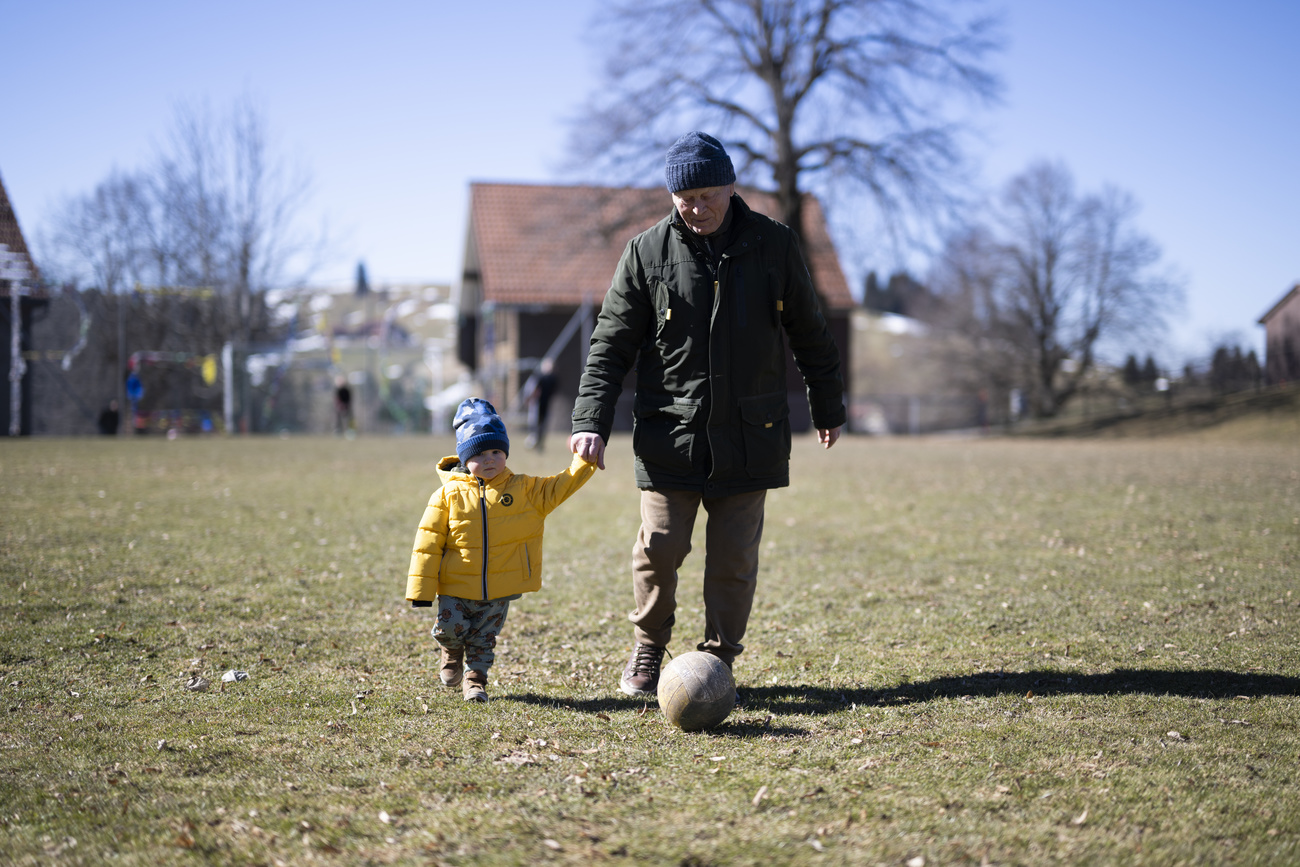

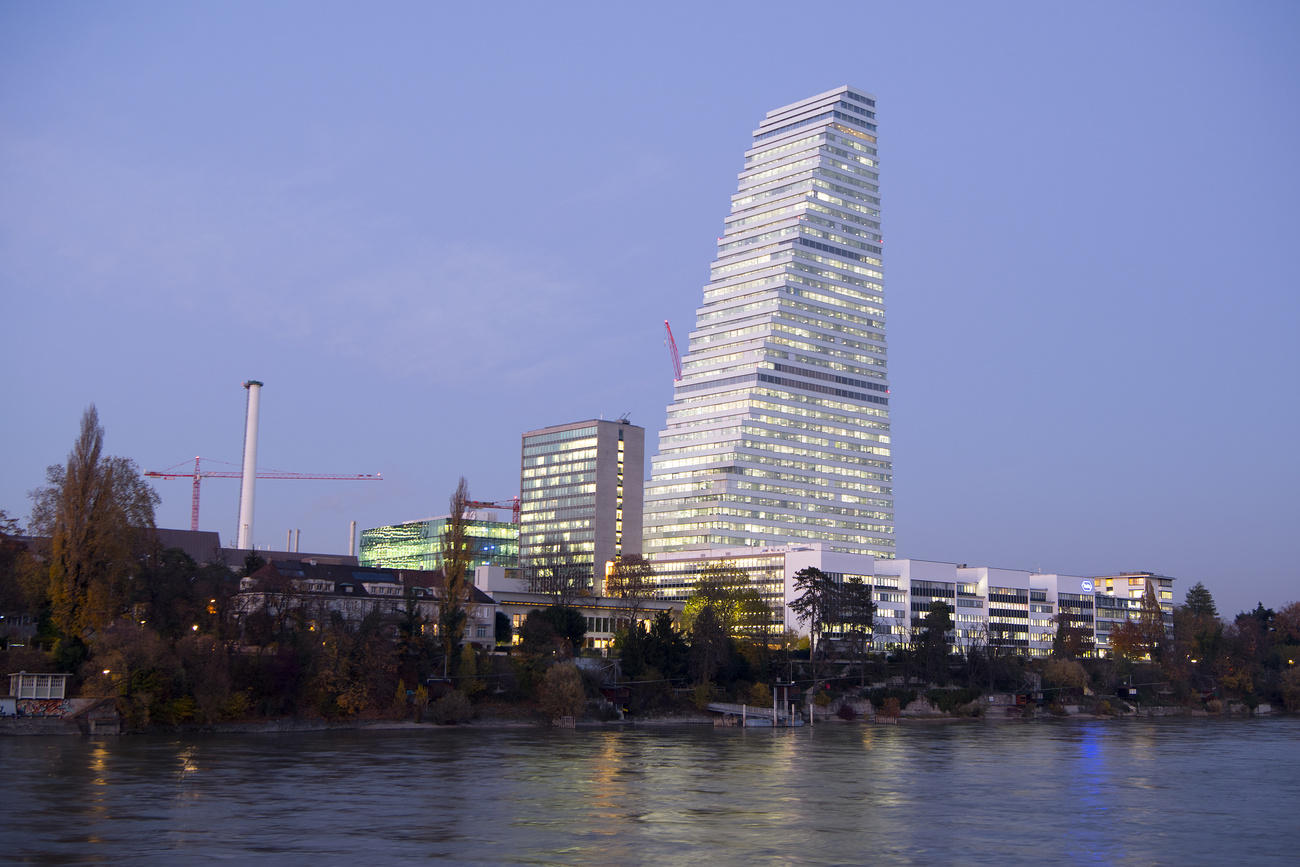

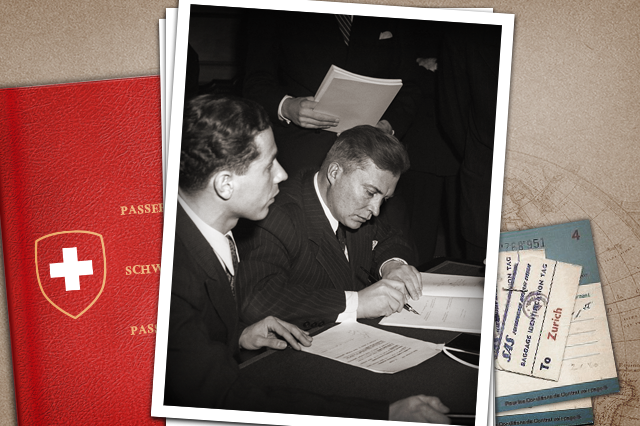



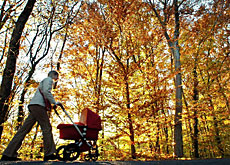
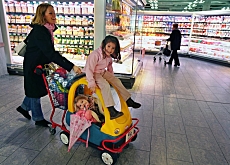
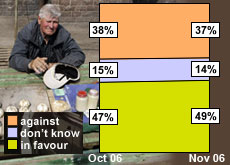
You can find an overview of ongoing debates with our journalists here . Please join us!
If you want to start a conversation about a topic raised in this article or want to report factual errors, email us at english@swissinfo.ch.